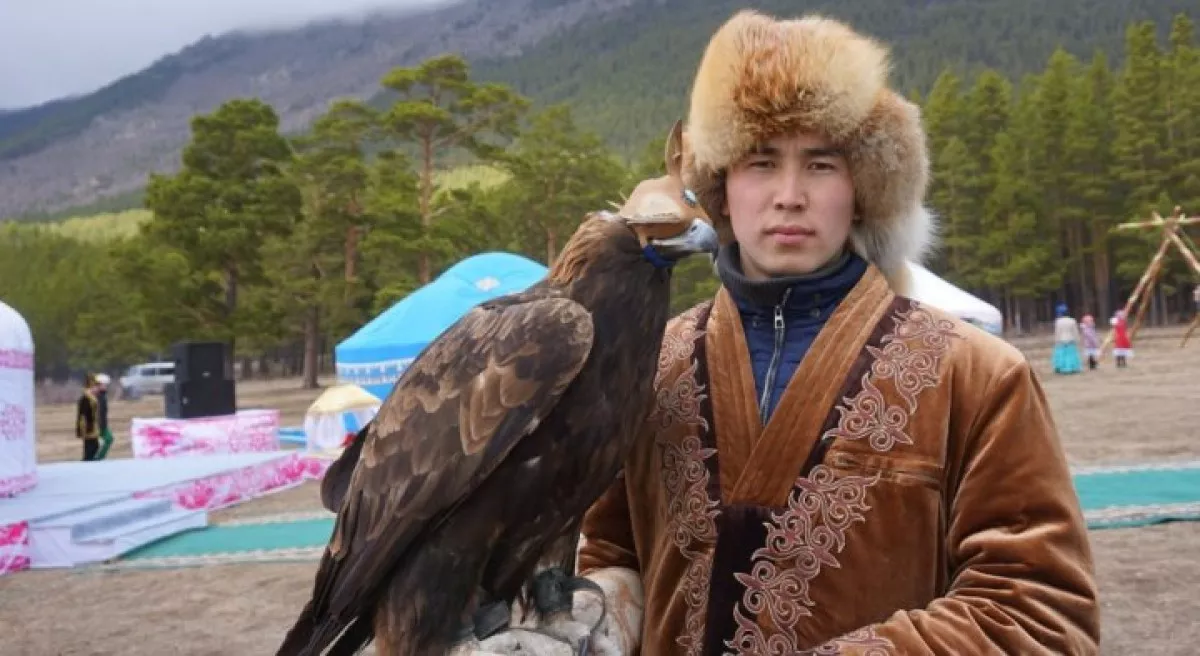More than 3,500 Kazakhs returned to Kazakhstan from Uzbekistan

Since the beginning of 2025, migration flows of ethnic Kazakhs returning to their historical homeland have shown a stable trend. This was reported by Upl.uz.
The majority of returnees come from neighboring countries. According to the Ministry of Labor and Social Protection of the Population of Kazakhstan, nearly half of the 8,051 people who received the status of “kandas” from January to August came from Uzbekistan.
This figure accounts for 44.2 percent of the total number of repatriates, clearly demonstrating the cultural and historical ties between the two Central Asian countries. Kazakhs from China made up 43.2 percent.
The rest consist of 5 percent from Turkmenistan, 2.7 percent from Mongolia, and 2.4 percent from Russia. Since independence, that is, since 1991, more than 1.156 million ethnic Kazakhs have returned to Kazakhstan.
Socio-demographic analysis shows that the majority of returnees are of working age. As of August 1, 59.1 percent of “kandas” are of working age, 31.8 percent are children and adolescents under 18, and 9.1 percent are elderly retirees.
The education level of repatriates is also high: 15.7 percent have higher education, 28.1 percent have received secondary specialized education, 53.5 percent have general secondary education, and only 2.7 percent have no formal education. The government of Kazakhstan continues programs to ensure the social adaptation and integration of “kandas.”
They are mainly planned to be directed to regions with labor shortages. Preferred regions include Akmola, Abai, Kostanay, Pavlodar, as well as Atyrau, West Kazakhstan, East Kazakhstan, and North Kazakhstan regions.
The quota for 2025 is set at 2,309 people, and by early August, more than half of this figure, namely 1,286 people, have been repatriated. To facilitate the adaptation of returnees to society, the state provides a number of support measures.
These measures include a one-time relocation subsidy and monthly payments to cover rent and utility expenses. Since the beginning of the year, 563 people have benefited from this assistance, of whom 221 have been provided with permanent employment.
To encourage voluntary relocation, an economic mobility certificate was recently introduced. This financial instrument allows new families to cover half the cost of purchasing a home, with a maximum amount of 4.56 million tenge.
This is an important aid for newcomers. The term “kandas” was officially introduced in Kazakhstan in 2020 to replace the word “oralman.”
The Kazakh word “kandas” means “relative” or “blood-related person” and is a warmer and more humane expression than the previous term.

